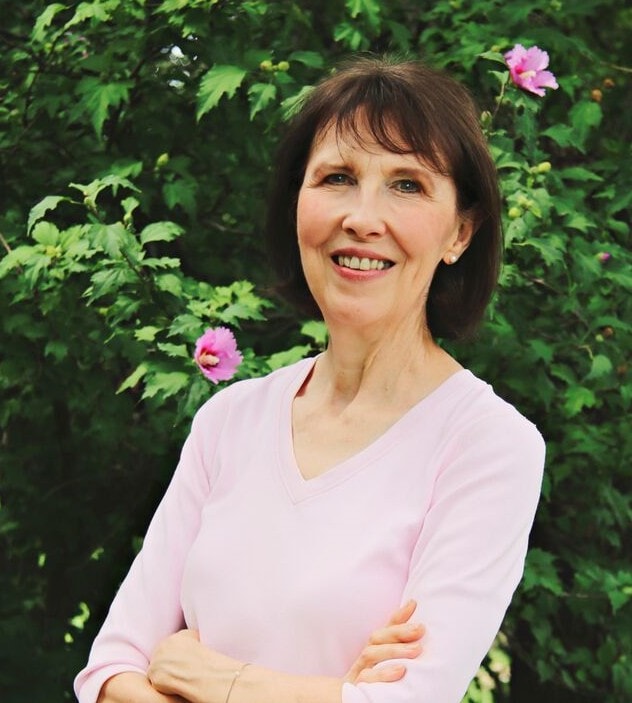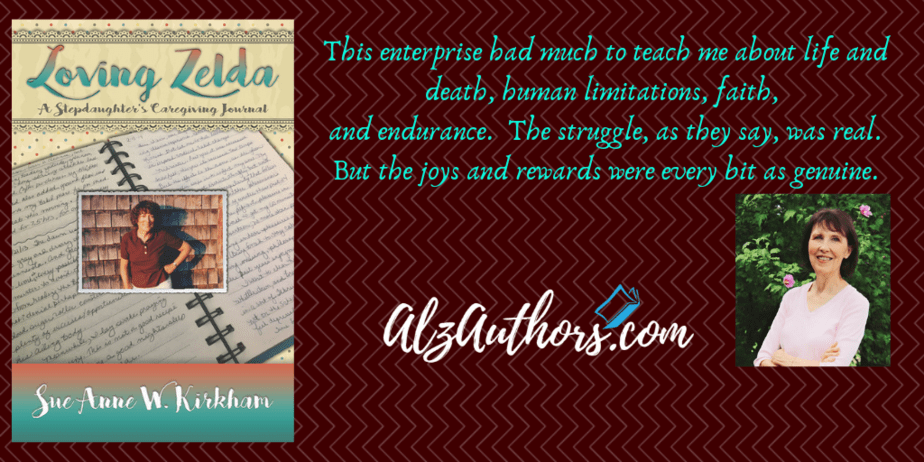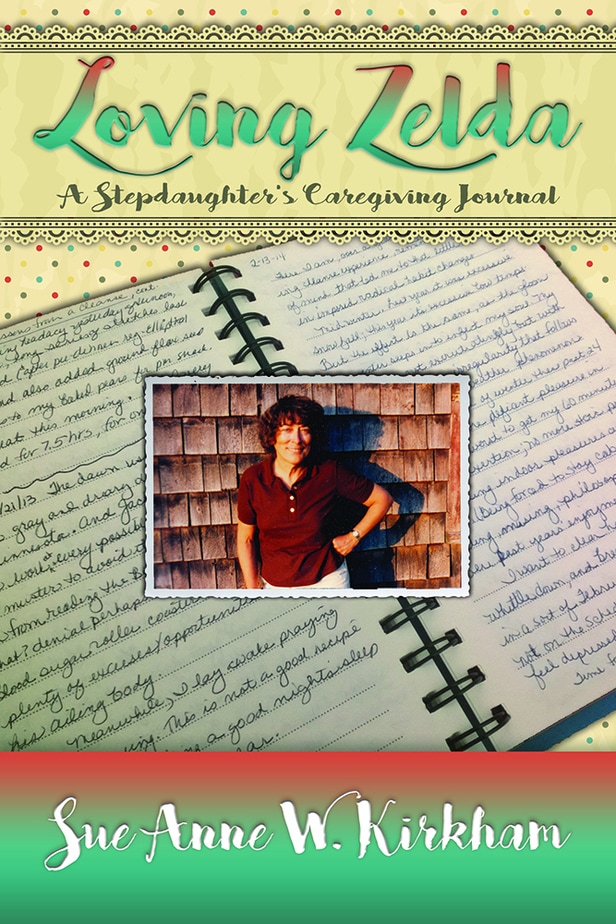by Sue Anne W. Kirkham
How it all began:
It was late October when my husband, Jack, and I showed up at my father and stepmother’s townhouse to walk their two dogs—a duty we’d taken on several months earlier after they announced they no longer felt up to the task. At 84, my father suffered from respiratory and circulatory problems; at 81, my stepmother showed early signs of dementia, with some Parkinson’s-like tremors erupting, just to keep things interesting. I was determined that they not be forced by these circumstances to give up their pets. On this day, Dad greeted us at the door with another shocker. “We have to move into assisted living.” No hello. No how ya doin’? Just this stark declaration.
Dad and Zelda had always been younger than their years in every respect. Dad continued his career as a psychologist into his late 70s, and the warm, witty, delightful woman he married in 1972 had always been active and ready for a new adventure. Each enjoyed absorbing hobbies and they eagerly traveled the globe together for most of their 32-year marriage.
As Jack and I herded the pups that chilly autumn day, I remained troubled by the prospect of a radical change in lifestyle for my beloved father and stepmother. So I hatched a plan: leave my dreary clerical position and devote myself to lightening their load and injecting some sparkle back into their lives. I would carve out a new weekday vocation as companion/housekeeper/social director/exercise coach/assistant cook.
I kept a journal from Day One as, over the next 18 months, Zelda suffered incremental losses of mental acuity. Less noticeably, my father’s COPD was cranking toward a dramatic climax that none of us anticipated. While I focused on finding enough fingers to plug the ever-multiplying holes in the home-front dike, Dad’s staunch self-sufficiency propelled him through his own physical deterioration. Meanwhile, I watched Zelda—former organizer of Fourth of July kitchen band marches—fade into confusion. To be at her side through the slow, agonizing loss of her Self would prove to be the most affecting experience of my life. It soon became clear that the course I was chronicling was strewn with striking contrasts: moments of high hilarity and wrenching despair; snapshots of the struggle for dignity in the face of decline; arcs of mood between fear and optimism, gratitude and resentment. Hobbling my efforts to navigate these troubled waters was the crushing blow of friends and family members challenging my motives and questioning my trustworthiness.
This enterprise had much to teach me about life and death, human limitations, faith, and endurance. The struggle, as they say, was real. But the joys and rewards were every bit as genuine.
Why I wrote Loving Zelda:
As my time with Dad and Zelda ended, a fresh commitment shaped my mission: I had been seeking a book topic I felt passionate about, this was that subject. I would share our experiences, unique amidst all the universal similarities, to promote understanding and support others confronting the challenge of caring for those who once cared for us. I chose the memoir format because, as dementia robbed Zelda of her voice, my journal became the story; it painted a complete and authentic picture for readers. This memoir also allowed for the interweaving of family history, a fleshing out of characters, and a means of affirming through narration the individual’s continuing worth, untainted by the loss of physical and cognitive abilities.
ABOUT THE AUTHOR
 In addition to writing Loving Zelda, Sue Anne Kirkham is a freelance writer who blogs at www.yourrecipesforlife.com. She has published print articles on aging and family relations as well as online profiles of inspiring everyday heroes, and essays on health-conscious living and the peculiarities of contemporary culture.
In addition to writing Loving Zelda, Sue Anne Kirkham is a freelance writer who blogs at www.yourrecipesforlife.com. She has published print articles on aging and family relations as well as online profiles of inspiring everyday heroes, and essays on health-conscious living and the peculiarities of contemporary culture.
FOLLOW THE AUTHOR:
Author website: www.lovingzelda.com
Author Facebook page: @LovingZeldaCaregiving/
Twitter: @SueAnneKirkham1
LinkedIn: Sue Anne Kirkham




2 Responses
Excellent read. Thanks for writing it. Very inspiring.
Thank you for taking the time to say so – we agree with you.